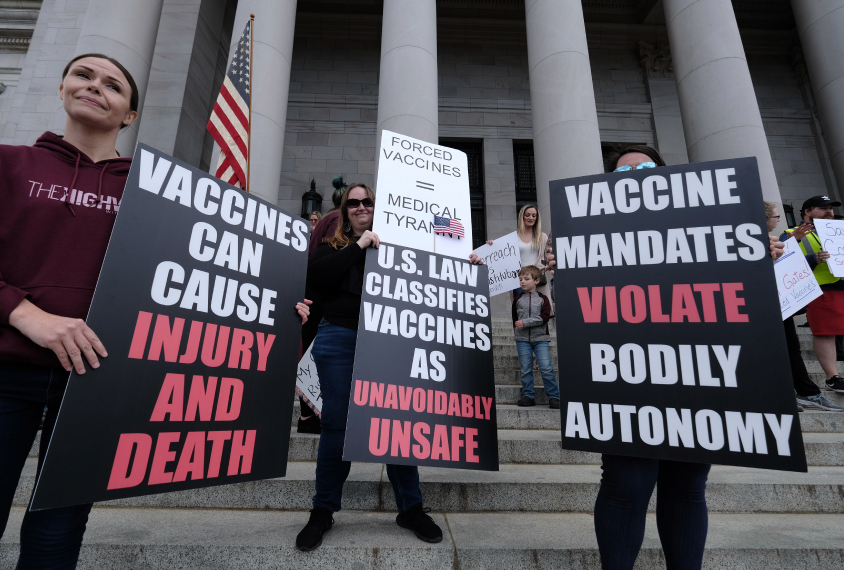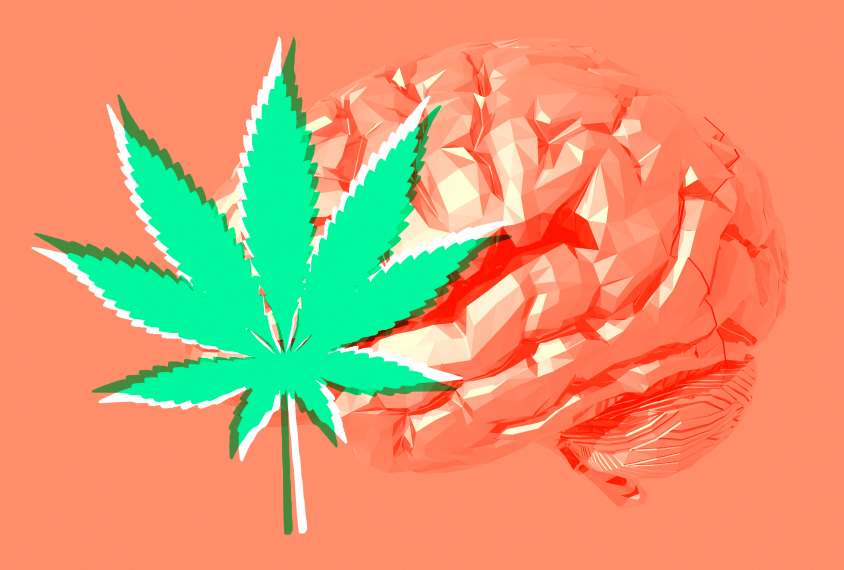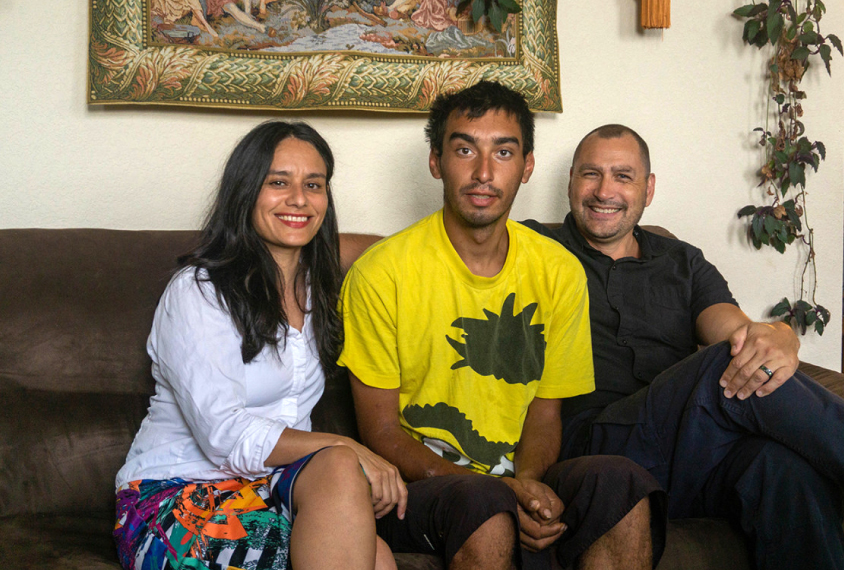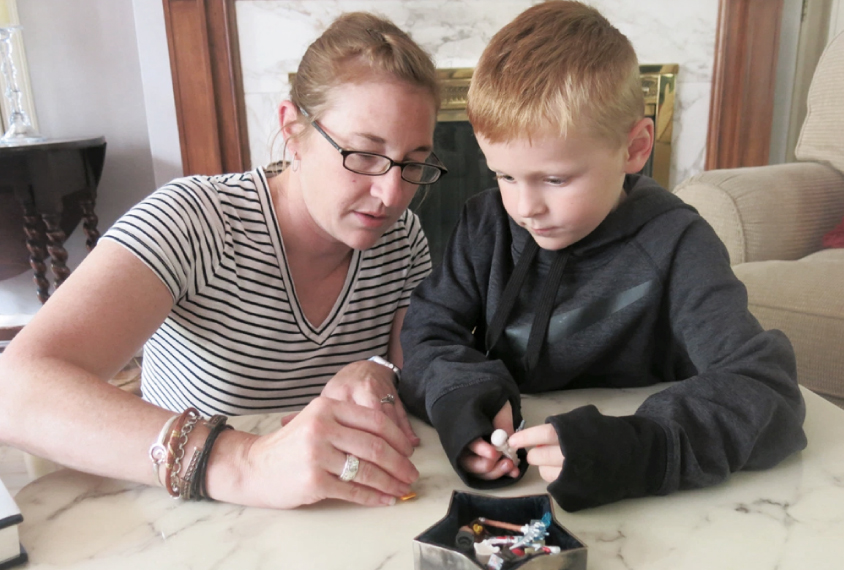Kaiser Health News
From this contributor
How anti-vaccine activists are using COVID-19 to boost their movement
While most of the world hungers for a vaccine to put an end to the death and economic destruction wrought by COVID-19, some anti-vaccine groups are joining anti-lockdown protesters to challenge restrictions aimed at protecting public health.

How anti-vaccine activists are using COVID-19 to boost their movement
Marijuana warning from U.S. surgeon general lacks context
Speaking about a recent federal advisory on marijuana, Jerome Adams, U.S. surgeon general, put a new spin on long-standing admonitions about the drug.

Marijuana warning from U.S. surgeon general lacks context
Emergency rooms see surge of teenagers seeking psychiatric care
Emergency rooms throughout California are reporting a sharp increase in adolescents and young adults seeking care for a mental health crisis.

Emergency rooms see surge of teenagers seeking psychiatric care
Model program could divert some 911 calls from police to mental health professionals
Denver, Colorado, is one of at least eight cities considering an Oregon program to decriminalize and improve the treatment of people with severe mental illness -- while saving the city money.

Model program could divert some 911 calls from police to mental health professionals
New guidelines stand by medication for attention deficit, but some experts disagree
The American Academy of Pediatrics issued new guidelines yesterday upholding that central role of medications accompanied by behavioral therapy in ADHD treatment.

New guidelines stand by medication for attention deficit, but some experts disagree
Explore more from The Transmitter
During decision-making, brain shows multiple distinct subtypes of activity
Person-to-person variability in brain activity might represent meaningful differences in cognitive processes, rather than random noise.

During decision-making, brain shows multiple distinct subtypes of activity
Person-to-person variability in brain activity might represent meaningful differences in cognitive processes, rather than random noise.
Basic pain research ‘is not working’: Q&A with Steven Prescott and Stéphanie Ratté
Prescott and Ratté critique the clinical relevance of preclinical studies in the field and highlight areas for improvement.

Basic pain research ‘is not working’: Q&A with Steven Prescott and Stéphanie Ratté
Prescott and Ratté critique the clinical relevance of preclinical studies in the field and highlight areas for improvement.
Proposed NIH budget cut threatens ‘massive destruction of American science’
A leaked draft of a Trump administration proposal includes an approximately 40 percent cut to the National Institutes of Health’s budget and a major reorganization of its 27 institutes and centers.

Proposed NIH budget cut threatens ‘massive destruction of American science’
A leaked draft of a Trump administration proposal includes an approximately 40 percent cut to the National Institutes of Health’s budget and a major reorganization of its 27 institutes and centers.